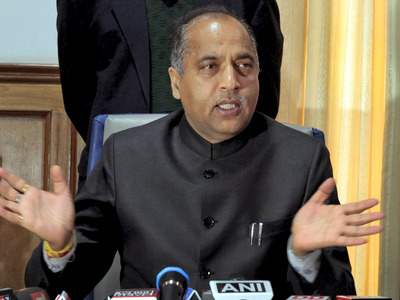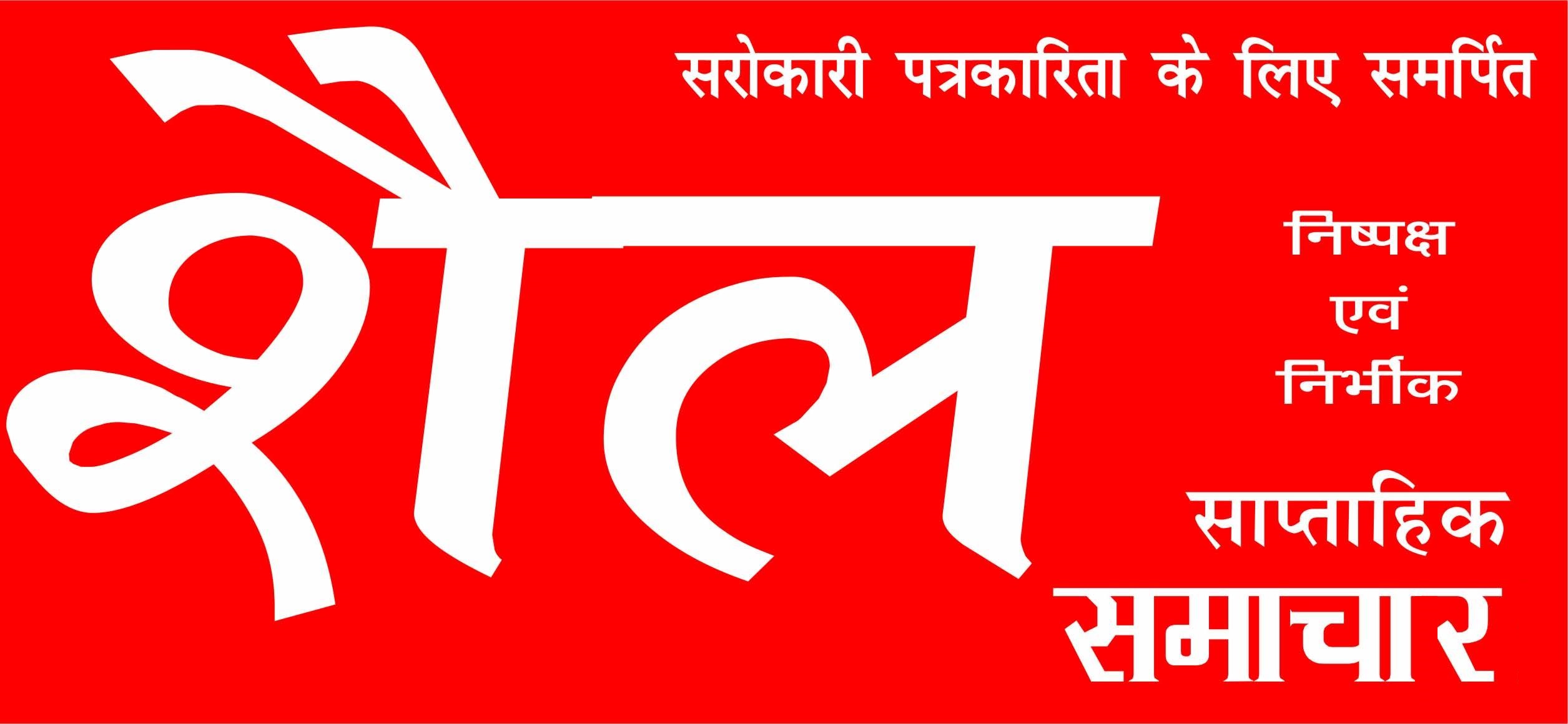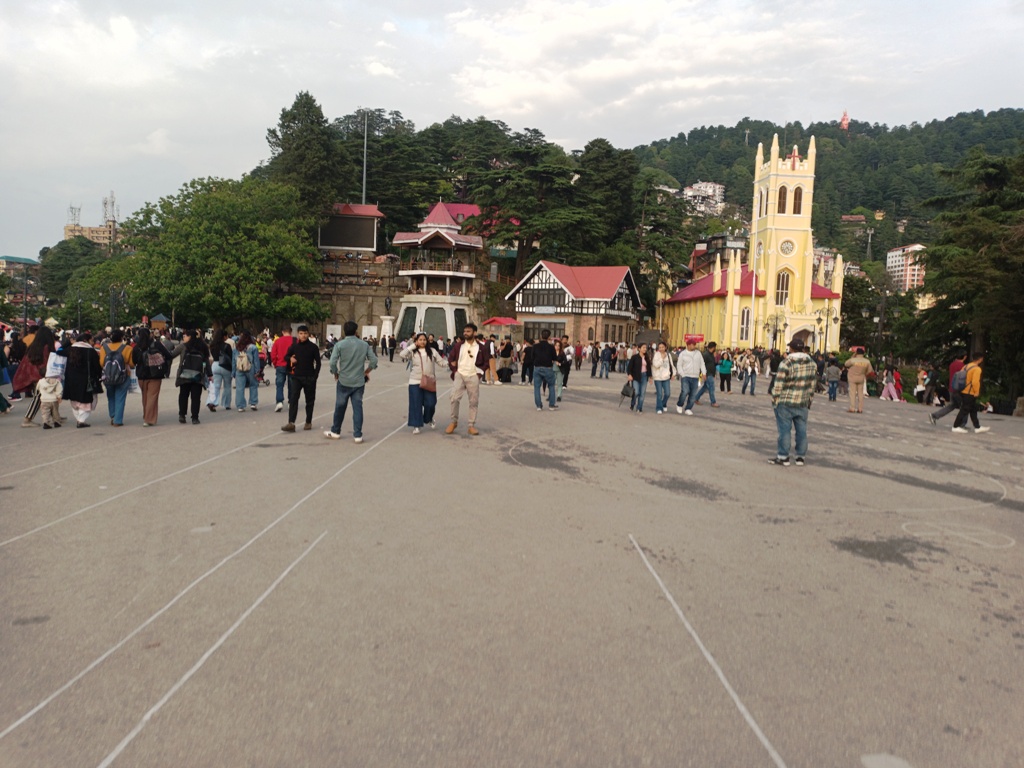


ShareThis for Joomla!
भू-सुधार अधिनियम की धारा 118 में संशोधनों की राजनीति कब तक
शिमला/शैल। नव गठित जयराम ठाकुर सरकार के पहले बजट सत्र के पहले ही दिन विपक्षी दल कांग्रेस ने सदन से वाॅकआऊट कर दिया। वाॅकआऊट का विषय बना मुख्यमंत्री का वह ब्यान जिसमें उन्होने भू सुधार अधिनियम की धारा 118 में संशोधन किये जाने का संकेत दिया था। मुख्यमंत्री के ब्यान के साथ ही सरकार का इस आश्य का एक प्रेस नोट भी जारी हो गया था। यह सब उस समय हुआ जब बजट सत्र की तारीख घोषित हो चुकी थी। धारा 118 में संशोधन करना या न करना एक नीतिगत फैसला है और कायदे से ऐसे फैसले सदन में चर्चा के बाद ही लिये जाने चाहिये। फिर यह ब्यान किसी और का न होकर स्वयं मुख्यमंत्री का था इस नाते ब्यान को गंभीरता से लिया जाना स्वभाविक था और इस पर सदन में चर्चा की मांग किया जाना भी बनता था। यह दूसरी बात है कि यह चर्चा नियम 67 की बजाये किसी अन्य नियम में भी हो सकती थी। लेकिन नियमों के इस विवाद में यह चर्चा नही हो पायी और जनता के सामने सही स्थिति नही आ पायी है। क्योंकि बजट भाषण में इसका कोई सीधा जिक्र तो नही किया गया है लेकिन उद्योगों और अन्य पर्यटन आदि से जुड़ी योजनाओं की स्थापना को और सरल बनाने की प्रक्रिया में 



स्मरणीय है कि धारा 118 की उल्लघंना के आरोप हर सरकार पर लगते आये हैं और इन्ही आरोपों के चलते बेनामी खरीद की जांच के लिये सिद्धू कमेटी, सेवानिवृत जस्टिस रूप सिंह ठाकुर कमेटी और फिर सेवा निवृत जस्टिस डीपी सूद की अध्यक्षता में जांच कमेटीयां तक गठित हो चुकी हैं। इन कमेटीयों की रिपोर्ट में हजारों की संख्या में बेनामी के मामले सामने भी आ चुके हैं। लेकिन किस कमेटी की रिपोर्ट पर क्या और कितनी कारवाई हुई है इसकी कोई अधिकारिक जानकारी जनता के सामने नही आयी है। यही नही धारा 118 को चुनौती देते हुए प्रदेश उच्च न्यायालय में CWP 443of 95, CWP 1068 of 95, CWP 1083 of 2003, CWP 484 of 2006, CWP 844 of 2010 और CWP 1500 of 2010 आ चुकी है। इन सारी याचिकाओं में धारा 118 के पक्ष में ही फैसले आये हैं। लेकिन इन फैसलों के बावजूद धारा 118 और इसके नियम 38 में सरकार 2014 तक कई संशोधन भी कर चुकी है। इस परिदृश्य में धारा 118 को इसकी Statement of Objects की लाईट में समझना और उसे प्रदेश की जनता के सामने रखना और भी आवश्यक हो जाता है।
प्रदेश का भू- सुधार अधिनियम विधानसभा ने 1972 में पारित किया था। उस समय इसे संविधान के शेडयूल VII में रखा गया था। उसके बाद संविधान के चालीसवें संशोधन के बाद इसे 27-5-1976 को शेडयूल नौ में डाल दिया गया था। इस अधिनियम के तहत इसके संचालन के लिये नियम 1975 में बने थे जिनमें समय- समय पर संशोधन होते रहें हैं। यहां यह भी स्मरणीय है कि इस अधिनियम की संवैधानिक वैधता को 1975 में उच्च न्यायालय में CWP 298 व of 1975 के माध्यम से चुनौती दी गयी थी और इस याचिका 22-6-1978 को आये फैसले में अदालत ने इसे वैध करार दिया है। इस पर अब तक 1988, 1995, 1997, 2007, 2011, 2012 और 2014 में संशोधन आ चुके है।
धारा 118 के तहत कोई भी गेर कृषक प्रदेश में जमीन नही खरीद सकता है। इसमें कहा गया है कि The Section 118 of the Act now is as follows: “118. Transfer of land to non-agriculturists barred: (1) Notwithstanding anything to the contrary contained in any law, contract, agreement, custom or usage for the time being in force, but save as otherwise provided in this Chapter, no transfer of land (including transfer by a decree of a Civil Court or for recovery of arrears of land revenue) by way of sale, gift, will, exchange, lease, mortgage with possession, creation of a tenancy or in any other manner shall be valid in favour of a person who is not an agriculturist. इस अधिनियम में गैर कृषकों पर जमीन खरीदने पर प्रतिबन्ध लगाने का उद्देश्य यह था ैSTATEMENT OF OBJECTS AND REASONS: “As a result of the re-organisation of the erstwhile State of Punjab in November, 1966, some areas were integrated in Himachal Pradesh under section 5 of the Punjab Re-organisation Act, 1966. There are different enactments regarding tenancy and agrarian reforms in force in new and old areas of the Pradesh. In the areas as comprised in Himachal Pradesh immediately before 1st November, 1966, the Himachal Pradesh Abolition of Big Landed Estates and Land Reforms Act, 1953, is in force which is a progressive legislation about the security of tenures of tenants and their other rights. In the areas added to Himachal Pradesh under section 5 of the Punjab Re-organisation Act, 1966, however, occupancy tenants have been vested with proprietary rights under two Acts on the subject namely, the Punjab Occupancy Tenants (Vesting of Proprietary Rights) Act, 1953 and the Pepsu Occupancy Tenants (Vesting of Proprietary Rights) Act, 1954. In the old areas the occupancy tenants have to apply for ownership under section 11 of the Himachal Pradesh Abolition of Big Landed Estates and Land Reforms Act. It has, therefore, been considered necessary to unify the various laws relating to tenancies as in force in the Pradesh and to provide for a measure of land reforms to remove disparities. Restrictions have been imposed to purchase land by the non-agriculturists to avoid concentration of wealth in the hands of non-agriculturists moneyed class. The Bill is to achieve the above objects.” इसके बाद इसी अधिनियम की धारा 104 में 1987 में संशोधन किया गया इस संशोधन का उद्देश्य यह था।Statement of Objects and Reasons of the Himachal Pradesh Tenancy and Land Reforms (Amendment) Bill, 1987 provides as under: STATEMENT OF OBJECTS AND REASONS: “Under the existing provisions contained in the Himachal Pradesh Tenancy and Land Reforms Act, 1971 the right, title and interest of the Government in the lands owned by it and leased out to a person vest in tenants. It is imperative that the proprietary rights in Government lands, by and large regenerated through public funds, should not pass to private persons. It has, therefore, become necessary to make suitable amendment in section 104 of the said Act. Under the proviso to section 113 of the said Act, the land in respect of which proprietary rights have been acquired by a non-occupancy tenant, can be transferred by way of sale, mortgage gift or otherwise only for productive purposes with the permission of the Collector. In orders to avoid misuse of this provision and to ensure that such permission should be accorded rarely and only under genuine circumstances, it has been decided that the said permission be given by the State Government alone. Section 118 of the principal Act, which restricts transfer of land to non-agriculturists, does not apply to the transfer of lands situated in urban areas, nor does it apply to transfer of lands not used for purposes subservient to agriculture. The lands classified as “Gair-mumkin makan”, “Gair-mumkin dhank” can be transferred in favour of non-agriculturists and thus the provisions as they exist leave a loophole in law which is designed to prevent the transfer of land to non-agriculturists. It has, therefore, become necessary to make suitable amendments in the existing law. The Bill seeks to achieve the aforesaid objectives.
इस अधिनियम में गैर कृषकों के लिये सरकार से अनुमति लेकर जमीन खरीदने का प्रावधान है। इसमें खरीददार को खरीद का वैध उद्देश्य बताने की आवश्यकता है। इस अधिनियम के तहत बनाये गये नियमों में नियम 38 के तहत यह अनुमति प्रदान की जाती है। इसमें हुए अन्तिम संशोधन में संवद्ध अधिकारियों को अनुमति की प्रक्रिया 15 दिन के भीतर पूरी करने के भी निर्देश हैं। संशोधित नियमों के अनुसार अनुमति की प्रक्रिया जिलास्तर तक ही पूरी हो जाती है। ऐसे में जितने भी संशोधन इसमें अब तक हो चुके हैं उनके बाद इसमें अब कोई और ज्यादा सरलीकरण की गुंजाईश नजर नही आती है। बल्कि इन संशोधनों की आड़ में बहुत सारे लोगों ने इसका नाजायज़ फायदा भी उठाया है। इस अधिनियम के तहत खरीदी गयी जमीन पर दो वर्ष के भीतर उस उद्देश्य की प्रतिपूर्ति हो जानी चाहिये जिसके लिये ऐसी खरीद की गयी है। इसमें एक वर्ष और तक का भी प्रावधान रखा गया है। लेकिन सैंकड़ो मामले ऐसे मिल जायेंगे जिनमें कई दशकों तक पूरी भूमि को उपयोग में नही लाया गया है। बल्कि ऐसा लगता है कि अनुमति की आड़ में फालतू जमीनें खरीदी गयी है। लेकिन ऐसी फालतू जीमनों को इसी अधिनियम के तहत अब तक वापिस नही लिया गया है। आज भी प्रदेश के अन्दर चल रहे कई नीजि विश्वविद्यालयों के पास हजारों बीघे जमीने बिना उपयोग के पड़ी हुई हैं जिन्हे वापिस लेने के लिये सरकार की ओर से कोई कदम नही उठाये जा रहे हैं। विश्वविद्यालयों की ही तरह कई जलविद्युत परियाजनाओं के पास भी ऐसी फालतू जमीने पड़ी है विवेकानन्द ट्रस्ट की जमीन को लेकर तो उच्च न्यायलय में याचिका तक आ चुकी है। धारा 118 पर अपनी साफ नीयत का परिचय देने के लिये सरकार को इन फालतू जमीनों पर कारवाई करनी चाहिये। प्रदेश में किसने कब कितनी जमीन कहां खरीदी है इसको लेकर धूमल शासन के दौरान सदन में एक प्रश्न के उत्तर में करीब सौ पन्नो में जानकारी दी गयी है। जिसमें कई चौंकाने वाले खुलासे हैं। कई समाचार पत्रों के नाम पर भी जमीनें ली गयी हैं जिनका कोई उपयोग नही किया गया है। लेकिन इस जानकारी पर कभी कोई कारवाई नही हो पायी है। क्या जयराम सरकार इस पर कोई कारवाई कर पायेगी इसको लेकर अब लोगों में चर्चाएं चल पड़ी हैं।



